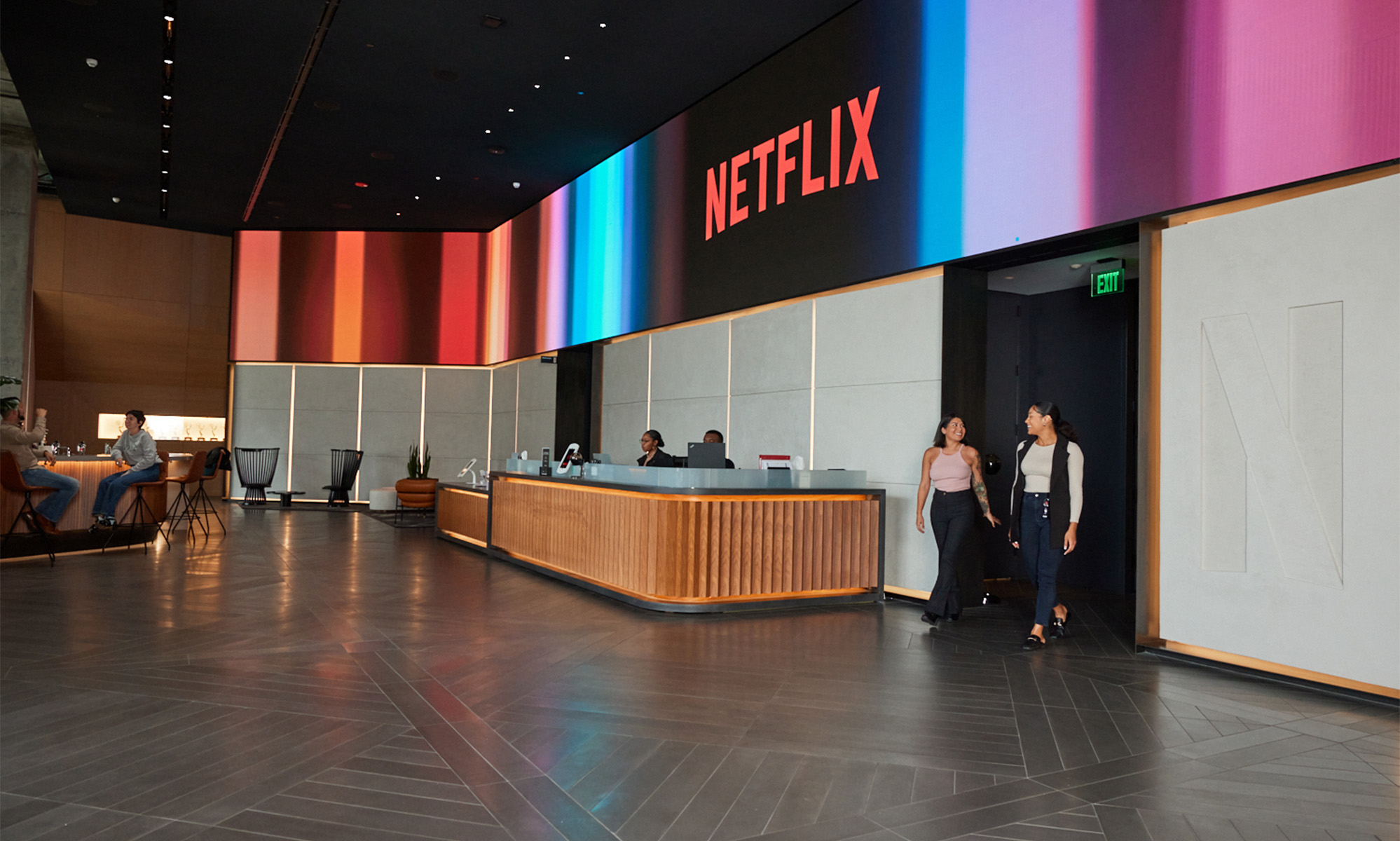Key the theme music: the content wars are on again. This time, Netflix (NFLX +0.37%) is airing season two of The Walking Dead for streaming subscribers two weeks ahead of the season three premiere on Oct. 14. Amazon.com (AMZN 1.02%) is still stuck selling single episodes.
As cable's top-rated show, AMC Networks (AMCX +1.31%) has used The Walking Dead's popularity as a sort of blunt instrument in its fight with DISH Network (DISH +0.00%) over distribution rights. Netflix has been subtler in its battle to beat Amazon and Coinstar's (CSTR +0.00%) Redbox, choosing only to highlight "new episodes" for shows that appear on the service's home screen.
There have been many. Series two episodes of the BBC hit Sherlock are live on both Netflix and Amazon Instant Video. Stateside, The Office, Man vs. Wild, and Mythbusters, among others, have also been updated. Every addition helps to debunk the persistent myth that Netflix streams only stale or uninteresting content.
A swing and a miss
Skeptics will argue that adding new shows isn't the same thing as streaming a summer blockbuster such as Marvel's The Avengers, which just recently went on sale in stores and online. They're right, of course, but they're also missing the point.
Forget that The Avengers is already due to arrive on Netflix later this year. The service never was and still isn't about getting the most current films. Only once, via its now-defunct deal with Starz, did Netflix dabble with streaming newish content.
Yet even that might be stretching the truth some, especially if you look at what Starz offers "on demand" today. Ghost Rider: Spirit of Vengeance is among the few current-year cinematic releases available for streaming as of this writing, nearly four months after DVD, Blu-ray, and digital sales began.
For me, Starz Play was only useful for watching (and rewatching) 2009's Star Trek, a franchise reboot from J.J. Abrams that I enjoyed a great deal. CEO Reed Hastings would later confirm its limited influence. Starz Play accounted for just 8% of domestic traffic when the two parties announced plans to wind down their partnership in September 2011. Netflix has grown its subscriber base by 5 million, to 30 million worldwide, in the year since.
Cord cutters? What cord cutters?
Meanwhile, there's evidence that a healthy menu of shows available via Netflix is a boon for TV studios. New research from GfK says streamers are more likely to increase their consumption of broadcast and cable TV content. Indeed, Netflix users reported watching 5.1 TV programs and 3.5 movies per week, according to a summary of the data at MarektingCharts.com.
Hollywood doesn't hate Netflix; Hollywood needs Netflix. Or at least that's the way it seems. Breaking Bad, another AMC hit, enjoyed a big ratings increase during its eight-episode summer run without distribution help from DISH. Did having earlier season episodes available to Netflix subscribers help create a tailwind? It sure seems so.
But even if it didn't, the point is that Netflix isn't so much a disruptor of studios as it is habits. We watch more TV because of Netflix, and because of Netflix, more of us watch TV -- both here and abroad. That's what makes this a business worth buying and holding for the long term.







